The Ryanair approach to progressive enhancement
Sunday, May 24th, 2015 at 3:02 pmI fly – a lot. I spend more time in airports, in the air, hotel rooms and conferences than at home. As I am a natural recording and analysing device, I take in a lot of things on my travels. People at airports are stressed, confused, don’t pay attention to things, eat badly and are not always feeling good. They are tired, they feel rushed and they want just to get things over with and get where they want to go. Others – those new to travel – are overly excited about everything and want to things right, making mistakes because they are too eager. Exactly what users on the web are like. I found that companies who use technology for the benefit of their users are those people love and support. That’s what progressive enhancement means to me. But let’s start at the beginning.
Getting somewhere by plane is pretty simple. You buy a ticket and you get a booking confirmation number, an airport you leave from, a time and a destination airport. To claim all this and get on the flight, you also need to prove that you are you. You can do this in domestic flights with the credit card you booked the flight with, a driving license or your passport. For international travels, the latter is always the safest option.
The main thing you have to fear about flying is delays that make you miss your plane. Delays can be natural problems, technical failures with the plane or the airport. They could also be issues with air traffic control. It is busy up in the blue yonder, as this gorgeous visualisation shows. Another big issue is getting to the airport in time as all kind of traffic problems can delay you.
You can’t do much about that – you just have to take it in stride. I plan 3 hours from my house to sitting on the plane.
Avoid the queue
One thing you want to avoid is queues. The longer the queue, the more likely you are to miss your plane. Every single person in that queue and their problems become yours.
Airlines understand that and over the years have put improvements in place that make it easier for you to get up in the air.
In essence, what you need to get in exchange of your information is a boarding pass. It is the proof that all is well and you are good to go.
The fool-proof way of doing that is having check-in counters. These have people with computers and you go there, tell them your information and you get your boarding pass. You can also drop off your luggage and you get up-to-date information from them on delays, gates and – if you are lucky – upgrades. Be nice to them – they have a tough job and they can mess up your travels if you give them a tough time.
Improvement: self check-in counters
Manned check-in counters are also the most time consuming and expensive way. They also don’t scale to hundreds of customers – hence the queues.
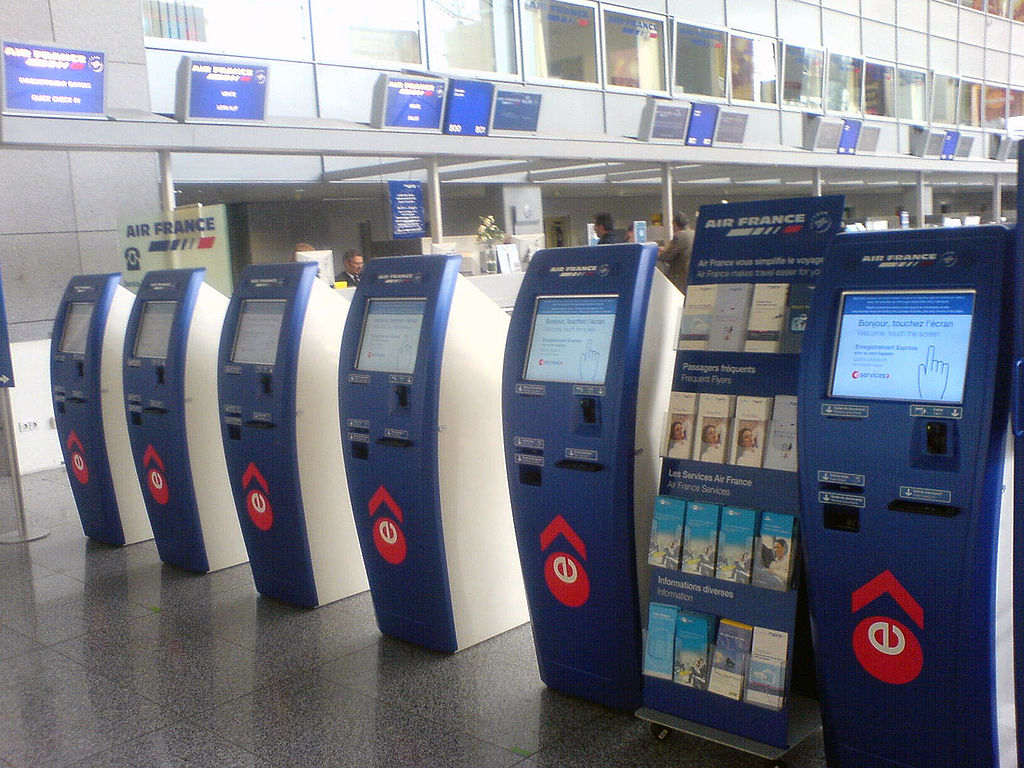
The first step to improve this was self-check-in terminals. If you allow people to type in their booking confirmation and scan their passport, a machine can issue the boarding pass. You can then have a special check-in counter only for those who need to drop off luggage. Those without luggage, move on to the next level without having to interact with a person behind the counter and take up a space in the queue. Those who don’t know how to use the machine or who forgot some information or encounter a technical failure can still go to a manned check-in counter.
Improvement: mobile apps
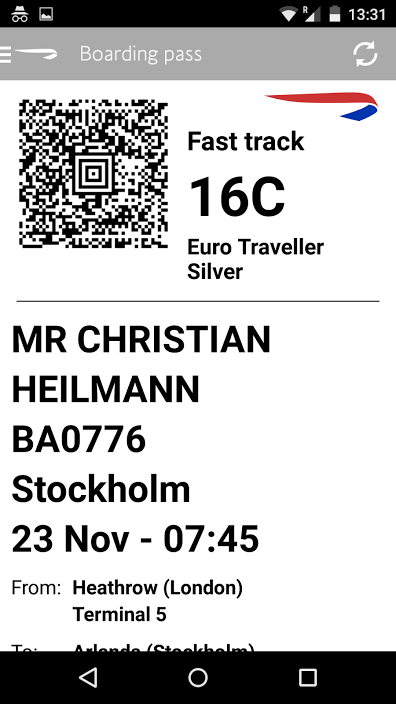
Nowadays this is even better. We have online check-in that allows us to check in at home and print out our own boarding passes. As printer ink is expensive and boarding passes tend to be A4 and littered with ads, you can also use apps on smartphones.
Of course, every airline has their own app and all work different and – at times – in mysterious ways. But let’s not dwell on that.
Apps are incredible – they show you when your flight happens, delays, and you don’t need to print out anything. You get this uplifting feeling that you’re part of a technical elite and that you know your stuff.
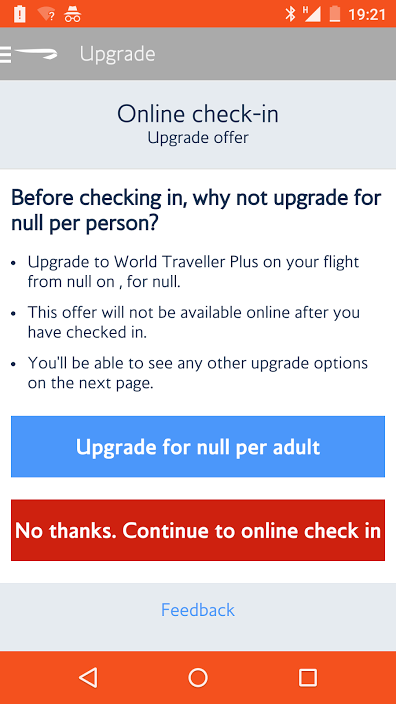
Of course, as soon as you go high-tech, things also break:
- You can always run out of battery
- Apps crash and need to have a connection to re-start and re-fresh your booking content. That’s why a lot of people take screenshots of their boarding passes in the app.
- You need to turn off your phone on planes, which means on changing to another plane you need to re-boot it, which takes time.
- Some airports don’t have digital readers of QR codes or have access to priority lane only as a rubber stamp on a paper boarding pass (looking at you, SFO). That’s why you need a printout.
- Staff checking your boarding pass at security and gate staff tend to wait for your phone display to go to sleep before trying to scan it. Then they ask you to enter your unlock code. There is probably some reason for that.
- Some security lanes need you to keep your boarding pass with you but you can’t keep your phone on you as it needs to be X-Rayed. You see the problem…
Despite all that, you are still safe. When things go wrong, there are the fallbacks of the machines or the manned counter to go back to.
This is progressive enhancement
This, is progressive enhancement.
- You put things in place that work and you make it more convenient for your users who have technical abilities.
- You analyse the task at hand and offer the most basic solution.
- With this as a security blanket, you think of ways to improve the experience and distribute the load.
You make it easier for users who are frequently using your product. That’s why I get access to fast-track security lanes and lounges. I get a reward for saving the company time and money and allowing them to cater to more users.
You almost never meet people in these lounges who have bad things to say about the airline. Of course they are stressed – everybody at an airport is – but there is a trust in the company they chose and good experiences means having a good relationship. You can check in 24 hours before your flight and all you bring to the airport is your phone and your passport. If you fail to do so, or you feel like it, you can still go to the counter. You feel like James Bond or Tony Stark.
Forcing your users to upgrade
Then there is Ryanair and other budget airlines. You will be hard pushed to find anyone who loves them. The mood ranges from “meh, it is convenient, as I can afford it” to “necessary evil” and ends in “spawn of satan and bane of my existence”. Why is that?
Well, budget airlines try to save and make money wherever they can. They have less ground staff and check-in counters. They have online check-in and expect you to bring a printout of your boarding pass. They have draconic measures when it comes to the size and weight of your luggage. They are less concerned when it comes to your available space on the plane or happy to charge extra for it. Instead of using a service it feels like you have to game it. You need to be on your toes, or you pay extra. You feel like you have to work for what you already paid for and you feel not empowered, but stupid when you forgot to have one thing the company requests you to have – things others don’t bother with.
They also have apps. And pretty ones at that. When everything goes right, these are cool. Yet, these come with silly limitations. These companies chose to offer apps so they can cut down on ground staff and less check-in counters. They are not an improvement or convenience, but become a necessity.
The “let’s make you queue anyways” app experience
The other day I was in Italy flying to Germany with Ryanair. I have no Italian data connection and roaming is expensive. I also had no wireless in the hotel or the convention I was at. Ryanair allows me to check-in online with a browser 24 hours before the flight. I couldn’t. When you use the app is even more draconic: you can only check in two hours before the flight. If you remember, I add a my 3 hour trip cushion to the airport to my travels. Which means I am on the road which in London means I am underground without a connection when I need to check in.
I grumpily queued up at the hot, packed airport in a massive queue full of screaming kids and drunk tourists. Others were people standing over half-unpacked luggage as their passports were missing. When I arrived at the counter, the clerk told me that as I needed to print out my boarding pass or check in with the app. As I failed to do so, I now need to pay 45 Euro for my boarding pass if he were to print it for me.
This was almost the price of the ticket. I told him that because of the 2 hour period and me not having connectivity, I couldn’t do that. All I got was “this is our policy”.
I ground my teeth, and connected my roaming data on my phone, trying to check in with the app. Instead of asking for my name and booking confirmation it asked for all kind of extra information. I guess the reason was that I hadn’t booked the ticket but someone had booked it for me. The necessary information included entering a lot of dates with a confusing date picker. In the end, I was one minute late and the app told me there is no way I can check in without going to a counter. I queued up again, and the clerk told me that I can not pay at his counter. Instead I needed to go to the other side of the airport to the ticketing counter, pay there and bring back a printout that I did pay. Of course, there was another queue. Coming back, I ended up in yet another queue, this time for another flight. I barely made it to my plane.
Guess what my attitude towards future business with this airline is. Right – they have a bleak future with me.
Progressive enhancement is for the user and you benefit, too
And this is when you use progressive enhancement the wrong way. Yes, an app is an improvement over queuing up or printing out. But you shouldn’t add arbitrary rules or punish those who can’t use it. Progressive enhancement is for the benefit of the end user. We also benefit a lot from it. Unlike the physical world of airport we can enhance without extra overhead. We don’t need to hire extra ground staff or put up hardware to read passports. All we need to do is to analyse:
- What is the basic information the user needs to provide to fulfill a task
- What is the simplest interface to reach this
- How can we improve the experience for more advanced users and those on more advanced hardware?
The latter is the main thing: you don’t rely on any of those. Instead you test if they can be applied and apply them as needed.
Progressive enhancement is not about adding more work to your product. It is about protecting the main use case of your product and then enhance it with new functionality as it becomes available. Google is a great example of that. Turn off JavaScript and you still get a form to enter information in and you get a search result page with ads on it. This is how you find things and Google makes money. Anything else they added over time makes it more convenient for you but is not needed. It also offers them more opportunities to show you more ads and point at other services.
Use progressive enhancement as a means to reward your users. Don’t expect them to do things for you just to use your product. If the tools you use means your users have to have a “modern” browser and load a lot of script you share your problems with them. You can only get away with that if you offer them a cheaper version of what others offer but that’s a risky race to take part in. You can win their current business, but never their hearts or support. You become a necessary evil, not something they tell others about.
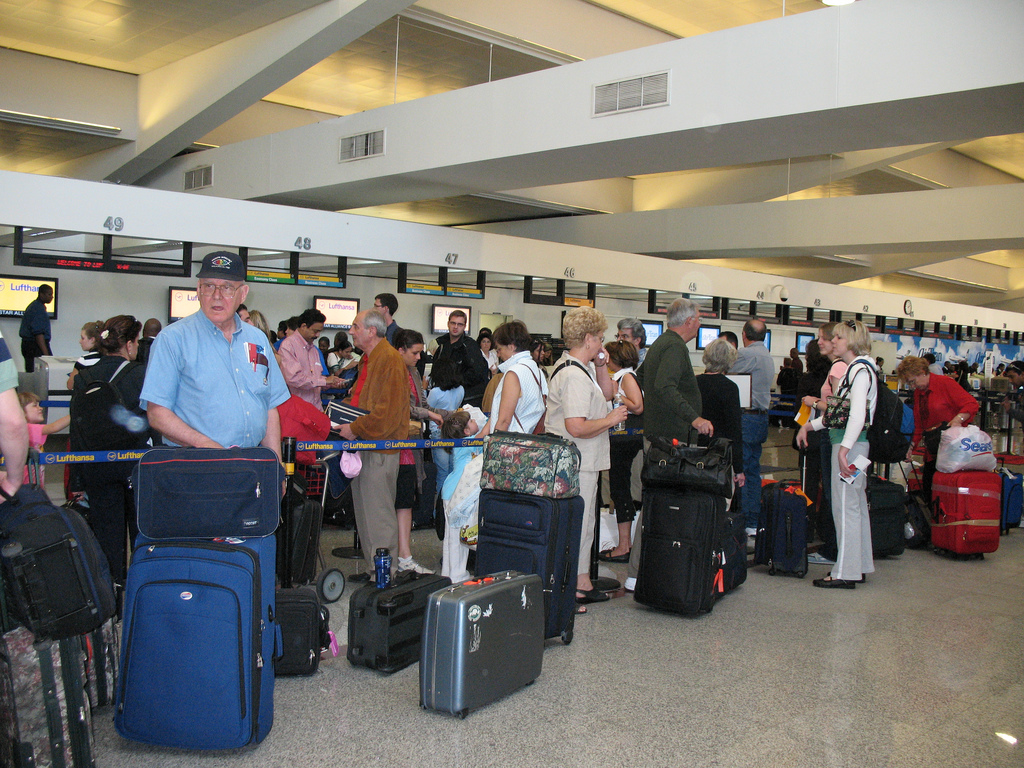 Photo by James Emery
Photo by James Emery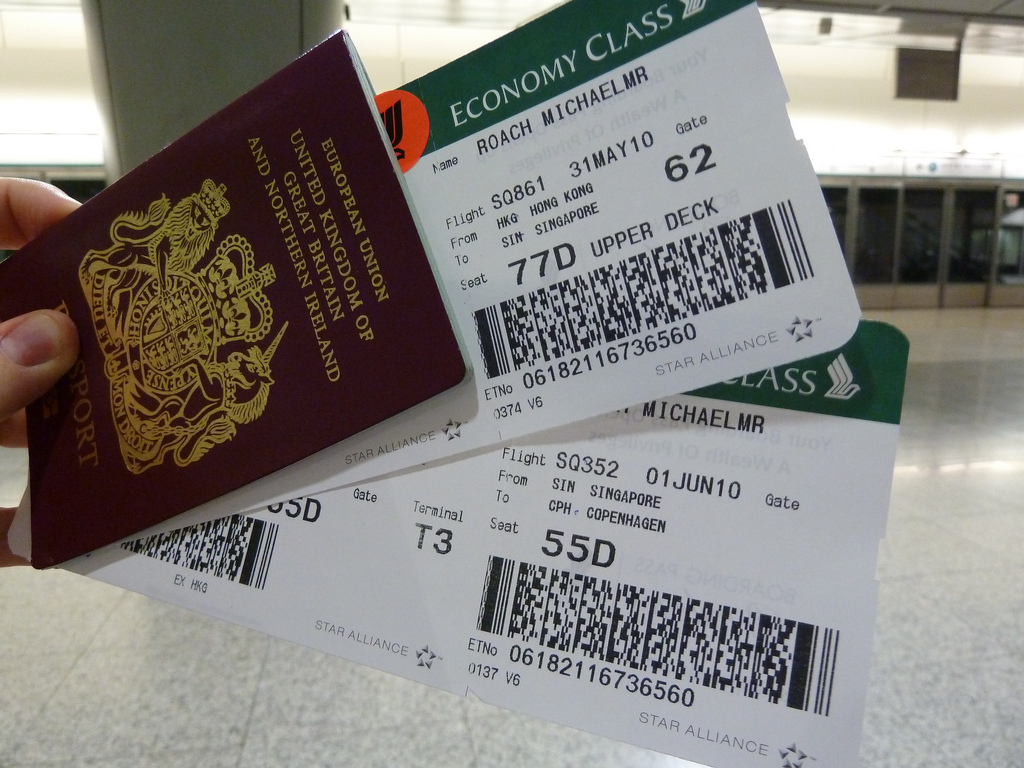 Photo by mroach
Photo by mroach